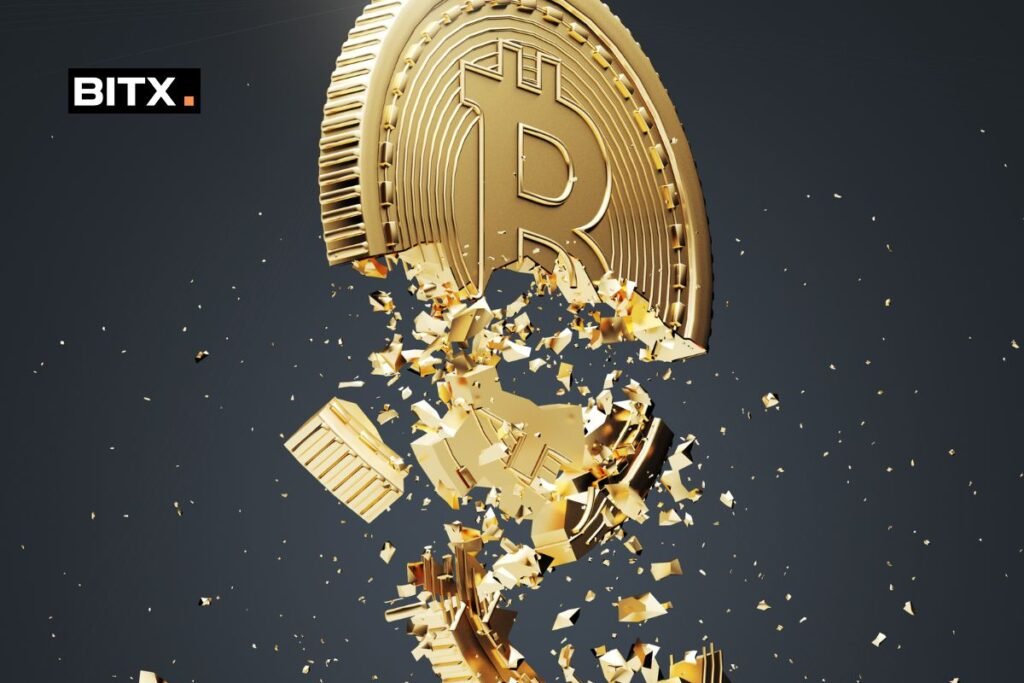Introduction
Bitcoin mining, the process by which transactions on the Bitcoin blockchain are verified and added to the public ledger, is a complex yet fascinating topic. This article aims to provide a comprehensive understanding of Bitcoin mining, its impact, and emerging trends.
What is Bitcoin Mining?
Bitcoin mining is the process of securing and verifying transactions on the Bitcoin blockchain network. Miners use powerful computers to solve complex mathematical problems, a process known as "proof of work." This process not only verifies the transactions but also adds them to the blockchain—a distributed ledger that records all Bitcoin transactions.
How Does Bitcoin Mining Work?
Each block in the blockchain contains a number of transactions, and to add a new block, miners compete to solve a cryptographic puzzle. The first miner to solve the puzzle is rewarded with a certain amount of Bitcoin. This reward is halved approximately every four years, as per Bitcoin’s preset protocol.
The Mining Process
-
Transaction Verification: Miners group pending transactions into blocks. Each transaction is broadcasted on the network and each node verifies whether the transaction is valid.
-
Proof of Work: Once the transactions are verified, miners compete to solve a complex mathematical problem. The first one to solve it gets to add the block to the blockchain.
-
Block Propagation: Once a block is added to the blockchain, the miners share this updated block with other nodes on the network.
- Next Block Creation: Miners continue the process with the next set of transactions, and the cycle repeats.
Impact of Bitcoin Mining
Bitcoin mining has significant impacts, both positive and negative. On one hand, it serves as a crucial mechanism for maintaining the integrity of the Bitcoin network. On the other hand, it is energy-intensive, leading to concerns about its environmental impact.
Environmental Concerns
The high energy consumption associated with Bitcoin mining is a major concern. Mining operations often utilize specialized hardware that consumes large amounts of electricity. journey crypto This energy consumption can have implications for the environment, particularly with regards to carbon emissions.
Regulatory Challenges
Bitcoin mining also faces regulatory challenges. Governments worldwide grapple with how to regulate this decentralized activity while maintaining financial stability and protecting consumers.
Future Trends
As Bitcoin continues to gain popularity, several trends are emerging in the mining landscape:
-
Green Mining: There is a growing trend towards eco-friendly mining. Miners are adopting renewable energy sources to reduce their carbon footprint.
-
ASIC Resistance: Some effort is being made to design Proof-of-Work algorithms that resist specialized mining hardware (ASICs), making Bitcoin mining more democratized.
-
Mining Farms: Large-scale mining operations, referred to as mining farms, are becoming more common. These operations often pool resources to increase the likelihood of solving the mathematical puzzles.
- Cloud Mining: Cloud mining allows individuals to participate in Bitcoin mining by purchasing mining contracts from an online mining service. This eliminates the need for the high initial investment in mining hardware.
Conclusion
Bitcoin mining is a critical component of the Bitcoin network, securing transactions and maintaining the decentralized nature of the system. However, its environmental impact and regulatory challenges continue to be areas of concern. As the technology evolves, we can expect to see advancements in green mining, ASIC resistance, and alternative mining models. The future of Bitcoin mining will be shaped by ongoing efforts to strike a balance between security, efficiency, and sustainability.

